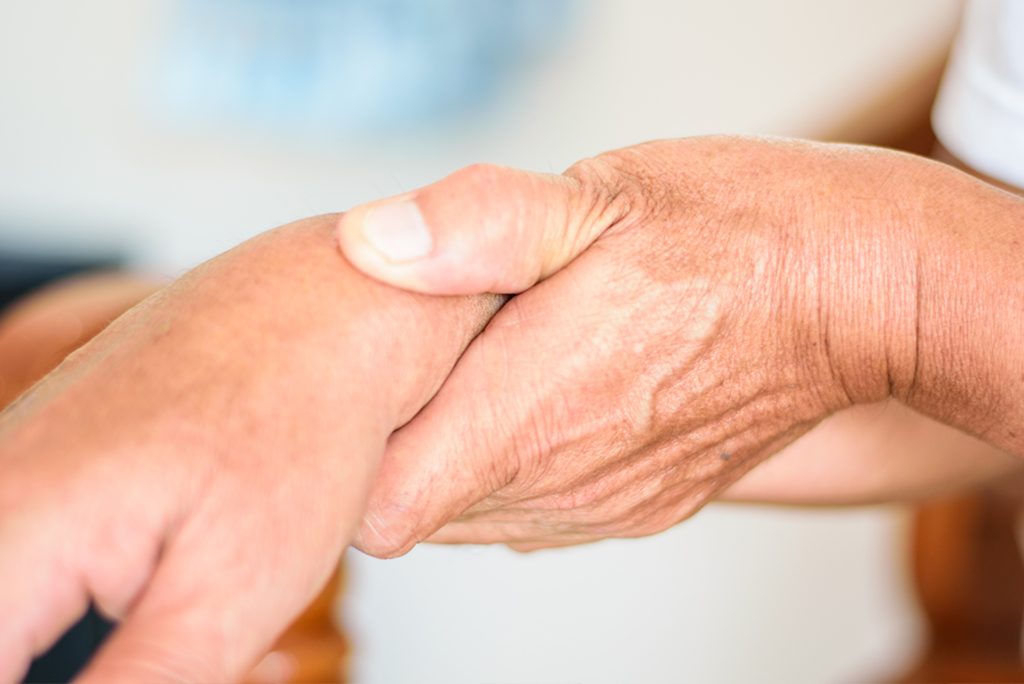ARE YOU SUFFERING FROM JOINT PAINS that seem to become worse when the weather gets cool? If so, you may have arthritis – an inflammation of the joints.

“Inflamed joints feel more painful when it rains,” explained Dr Leong, who specialises in Rheumatology, including arthritis, osteoporosis and lupus. “This is because the nerve fibres are sending abnormal signals to your brain when affected by the change in weather conditions. However, the pain isn’t because of the weather, but an inflamed joint,” Dr Leong added. “And contrary to belief, arthritis doesn’t happen only to the elderly.”
According to Dr Leong, more than half of the patients at his clinic at the Gleneagles Medical Centre are below the age of 50. While older arthritic patients suffer from degenerative joint disease, younger ones may suffer from arthritis because of Gout or auto-immune diseases like rheumatoid arthritis.
Altogether, there are over 100 different forms of arthritis, each caused by various conditions like wear and tear of the cartilage tissues protecting the joints, or due to an overactive immune system. Only a detailed review of the patient’s medical history, body examination, blood, urine and joint fluid tests as well as X-rays, can accurately uncover the specific type of arthritis he or she may suffering from.
“While arthritis is more of an annoyance than a life-threatening conditions, treatment is important in order to prevent it from affecting your quality of life because of the pain you’d have to put up with daily,” said Dr Leong. “Left unmanaged, it could also lead to disability.”
Common symptoms of arthritis include stiffness, swelling and redness in the affected joint, resulting in limited movement. Inflammation can also lead to these joints feeling tender and weak. Treatment may involve medication, physiotherapy, weight control through dietary restrictions, adjustment of footwear or in major situations, surgery. “Earlier and accurate diagnosis is imperative to prevent irreversible damage,” Dr Leong cautioned.
Although arthritis is a progressive condition that worsens over time, some can resolve completely with appropriate treatment. Dr Leong reassured: “Properly guided programmes of exercise and rest, medications, physical therapy, adjustment of footwear and surgery options can also help patients with severe rheumatoid arthritis manage their conditions successfully in the long term.”
What can be done to prevent arthritis? Dr Leong listed three important factors:
- Proper weight management. Even a slight increase in body weight could add significant stress to weight bearing joints like the knees.
- Regular exercise. Protect your joints by exercising to strengthen the muscles around them.
- Proper diagnosis. Joint pains are similar to headaches. Just as there are many causes for a headache, one needs to understand the exact cause of a joint pain in order to treat it fully.
To those who prefer to self-medicate with herbal cures or ointments, Dr Leong has this advice: “While some of the store-bought medications may work effectively as pain relievers for mild cases, especially if the pain is from structures around the joint such as tendons, muscles and ligaments. However, these cures do not treat the underlying problem such as joint deterioration, which still requires medical attention.”







